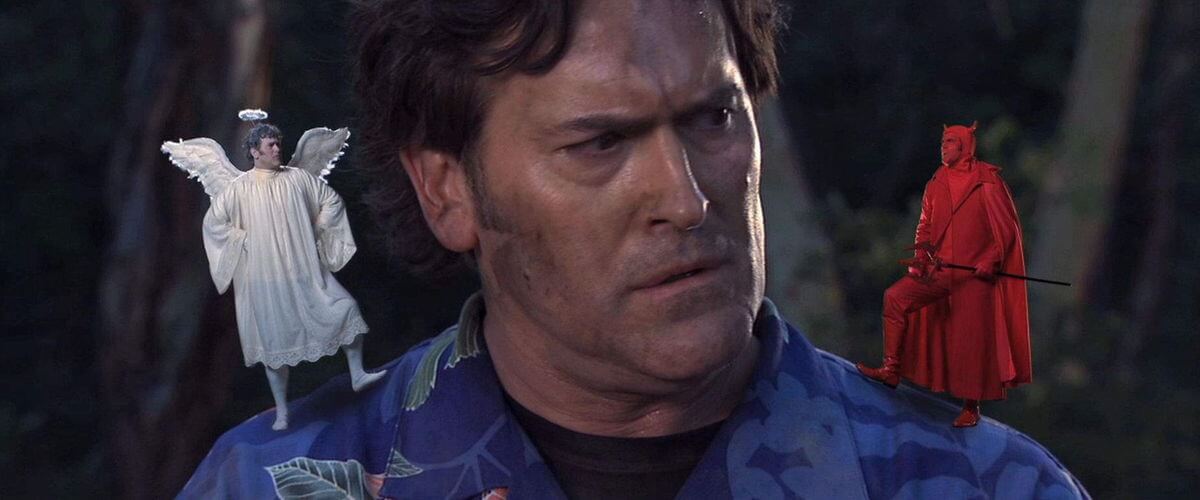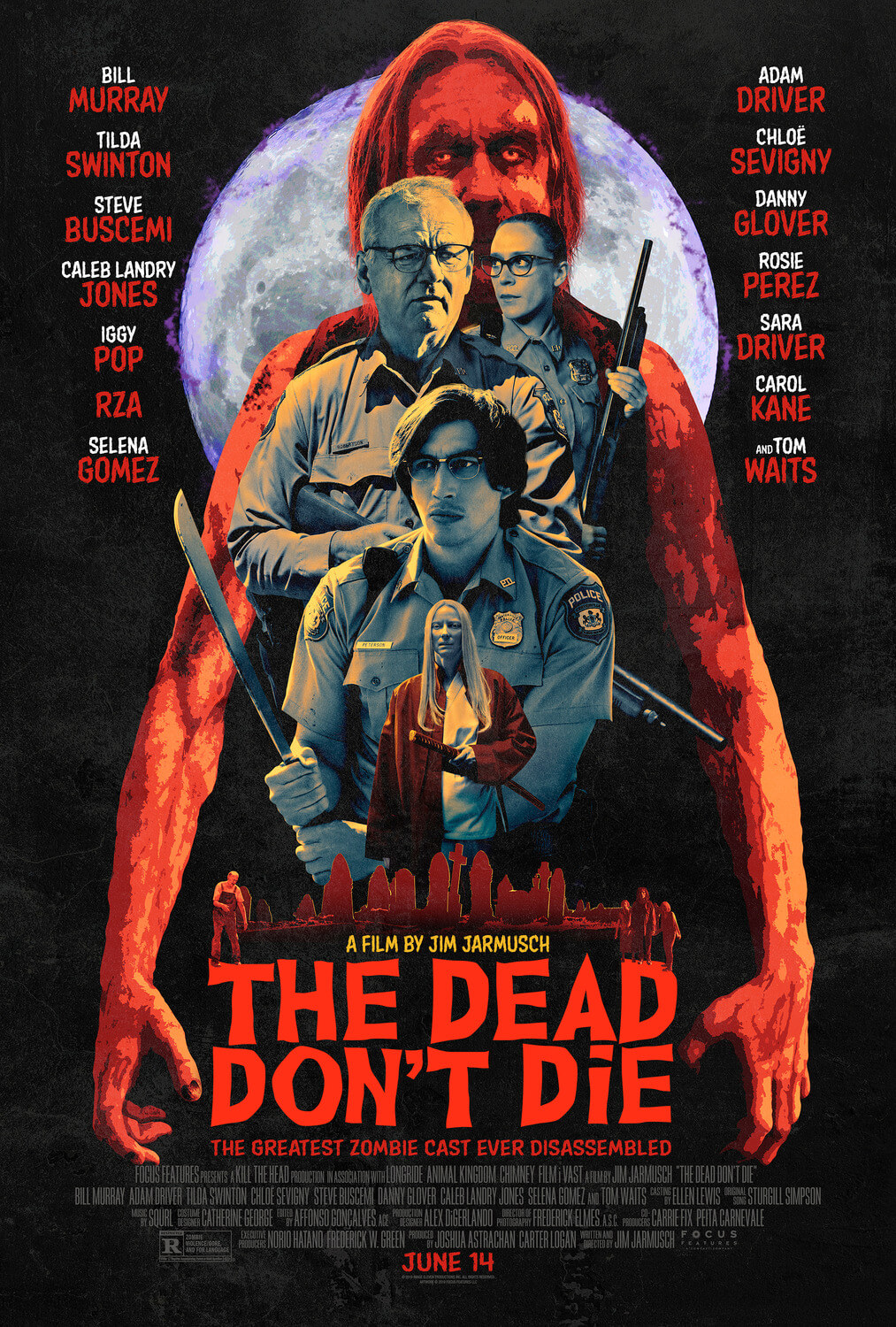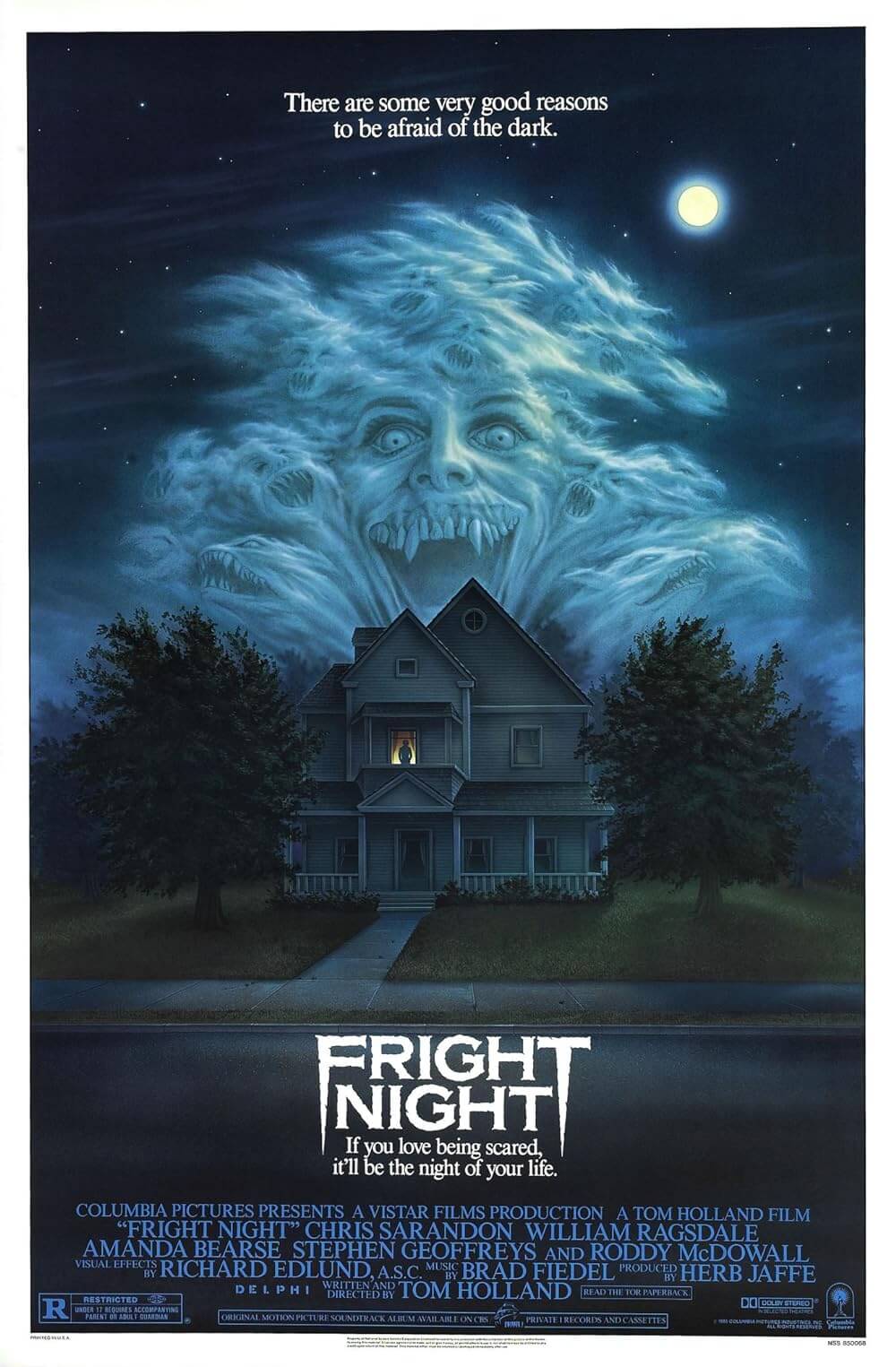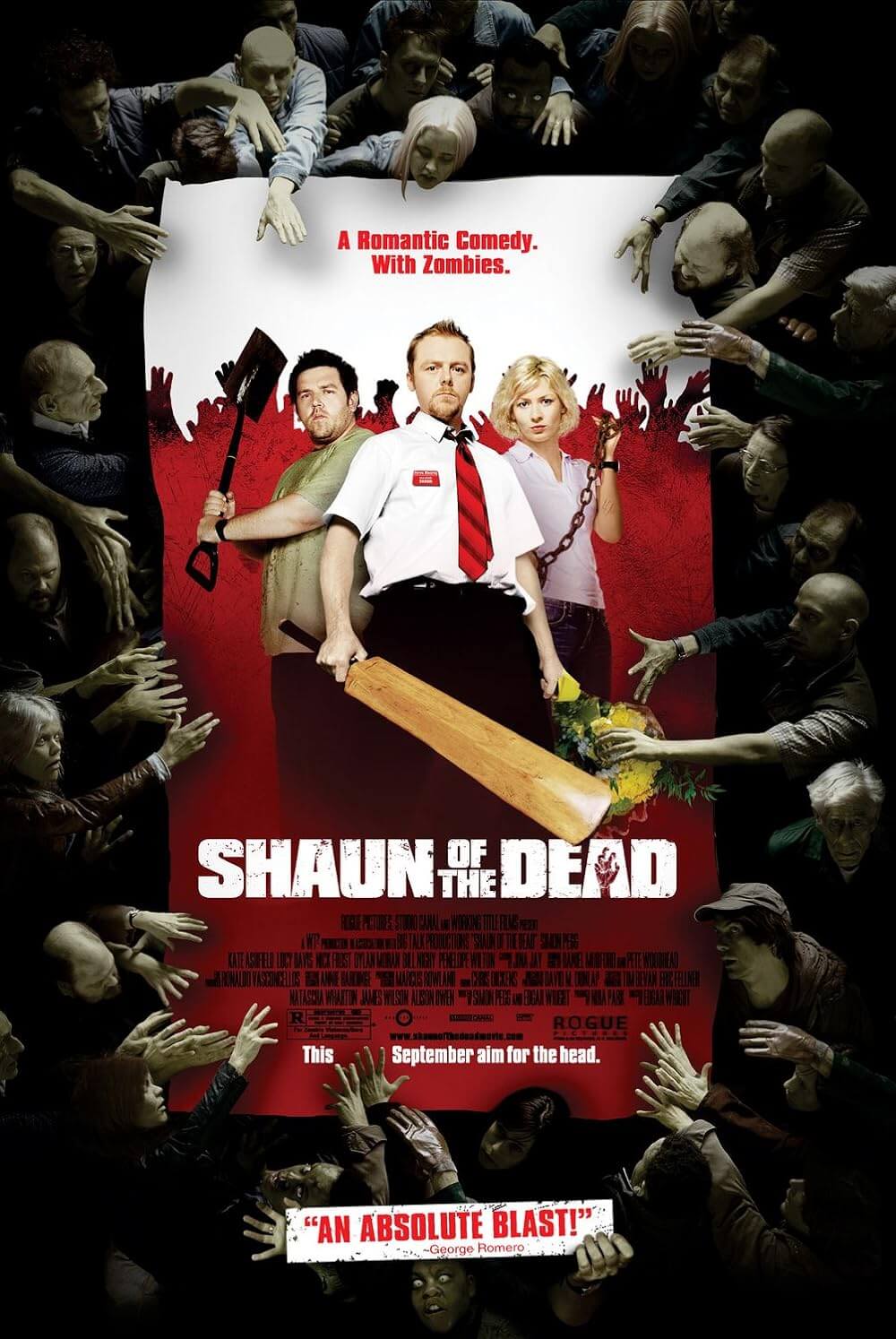
My Name is Bruce
By Brian Eggert |
Perched on my shoulder are an Angel and a Devil. They’re arguing about My Name is Bruce. The Angel represents my personal fandom for actor Bruce Campbell, and how his over-the-top acting, cult superstardom, and bigheaded demeanor have entertained in pictures like Bubba Ho-tep and The Evil Dead franchise. The Devil represents my stern inner film critic, who has no dedication to any performer or director and attempts to view every film objectively. My head, positioned in between the two, is the only thing keeping them from attacking one another.
Starring and directed by The Chin himself, My Name is Bruce at once mocks Campbell’s fans and serves as a thank you note, acknowledging that without their zealous brand of fanaticism, he wouldn’t have a career. Hell, he hardly has a career with them (so says this movie). Teenagers and grown-up children alike hang Army of Darkness posters on their walls, refuse to open the packaging on their Evil Ash action figure, and spent too much dough on The Adventures of Brisco County Jr.: The Complete Series on DVD.
But who can blame them? Campbell has an undeniably appealing level of bombast that has served him since his 1981 breakthrough in his friend Sam Raimi’s The Evil Dead. Aside from starring in that film’s sequels Evil Dead II (1987) and Army of Darkness (1992), he’s made brief appearances in several pictures by his friends, the Coen Brothers, constructed a remarkable library of low-budget direct-to-video horror and science fiction fare, and has been that-guy-in-that-scene-from-that-movie for much too long. And though he’s been in each of Raimi’s Spider-Man movies and currently works on FX’s Burn Notice, his following remains something of a curiosity.
I’m not above it. There’s a signed photo of Campbell in full Ash garb, with boomstick and all, on my desk, and a framed mini-poster for Evil Dead: The Musical on my wall. I’m a fan. His smart-assed mannerisms and penchant for quotable one-liners (“Well hello Mister Fancypants…”) sustain his chummy onscreen persona. You might have seen his Old Spice commercials or read his two semi-autobiographical books (If Chins Could Kill: Confessions of B-Movie Actor and Make Love the Bruce Campbell Way), which feature these qualities in abundance.
So how could the Angel on my shoulder not enjoy My Name is Bruce, which embraces the Golden God of B-movies in all his overvalued glory? Throughout, he fights monsters, talks trash, and gets the girl. Does it get any better than that? Playing a drunken, womanizing version of himself, Campbell’s sleazy self-caricature in the film drinks cheap whiskey from a dog bowl and makes advances toward every woman in range, while donning an ever-present Hawaiian shirt. And, understandably, he laments his filmography, stricken with schlocky horror yarn like a trilogy of Cave Alien movies.
Just after making a desperate call to his ex-wife at 4 a.m., a washed-up Campbell gets a knock on his trailer from doting fan Jeff (Taylor Sharpe), who claims a monster plagues his small former mining town of Gold Lick. For some reason, the teen believes only cinema’s hero from such fine messes as Maniac Cop and Moontrap can save the day. The problem is, Campbell doesn’t know anything beyond lessons learned onset; his only experience with monsters has been fighting off stuntmen in rubber masks. But he sticks around, if only to smooch with Jeff’s mom, Kelly (Grace Thorsen), and get some free food. When coming face-to-face with the movie’s monster, a Chinese god of bean-curd named Guandi, Campbell hightails it home out of fear, crushing Jeff’s heroic outlook on his idol. (Note: Five minutes later, Campbell returns and saves the day.)
And now the Devilish film critic chimes in to squabble about Ted Raimi’s “hammy” performance(s), the questionable depictions of Chinese Americans, and the pointless song linking the acts. Brother to Sam, Ted plays multiple roles, one of them being an elderly descendant of a Chinese mineworker named Wing. Giving a portrayal worthy of vaudevillian racism, Raimi replaces Ls with Rs (“unreash” for “unleash”) and completes a performance best compared to Mickey Rooney’s in Breakfast at Tiffany’s. He also plays Campbell’s agent and a French painter.
We must realize, I suppose, that Campbell intended the movie to be cheesy and stupid and sort of wrong. Why else would he have incorporated the abysmal redneck song “The Legend of Guandi,” with lyrics like “Guan-You, Guan-Me, Guan-di” accompanying the track? Nevertheless, the movie comes with all the downfalls of your average B-movie: bad acting (except Campbell, naturally), cheap effects, sloppy script, and nil production value.
Campbell appeared after my screening for a brief Q&A session. Fans asked their questions, most of them juvenile and embarrassing. I’m eternally baffled by how, when finally facing their admired star, fans will ask the most inane questions imaginable. With each wowingly stupid attempt to coax an inconsequential piece of geekdom out of the celebrity, Campbell shot back in insult-comic style, debasing his fans. And, of course, they loved it. Watching Campbell live, I realize that the exaggerated, Hollywoodized version of himself displayed in the movie is an amplification, to be sure, but there’s some truth to it as well.
They have a name for movies like My Name is Bruce: guilty pleasures. The guilt derives from enjoying a movie that, in this day and age, still manages some profound political incorrectness—and that’s in addition to its aberrant cheesiness. Those unfamiliar with his work probably wouldn’t see the film anyway, so there’s no need to warn them they won’t appreciate its base qualities. Apologist fans of Bruce Campbell can rejoice; there’s finally a movie about their efforts to aggrandize the actor. Rightfully, the movie fits into that so-bad-it’s-good category of Campbell’s career, which, by his direction of this project, tells me he’s realistic enough to admit that he loves the class of films he presides over. That’s part of his charm.

Unlock More from Deep Focus Review
To keep Deep Focus Review independent, I rely on the generous support of readers like you. By joining our Patreon community or making a one-time donation, you’ll help cover site maintenance and research materials so I can focus on creating more movie reviews and critical analysis. Patrons receive early access to reviews and essays, plus a closer connection to a community of fellow film lovers. If you value my work, please consider supporting DFR on Patreon or show your support in other ways.
Thank you for your readership!
Brian Eggert | Critic, Founder
Deep Focus Review







